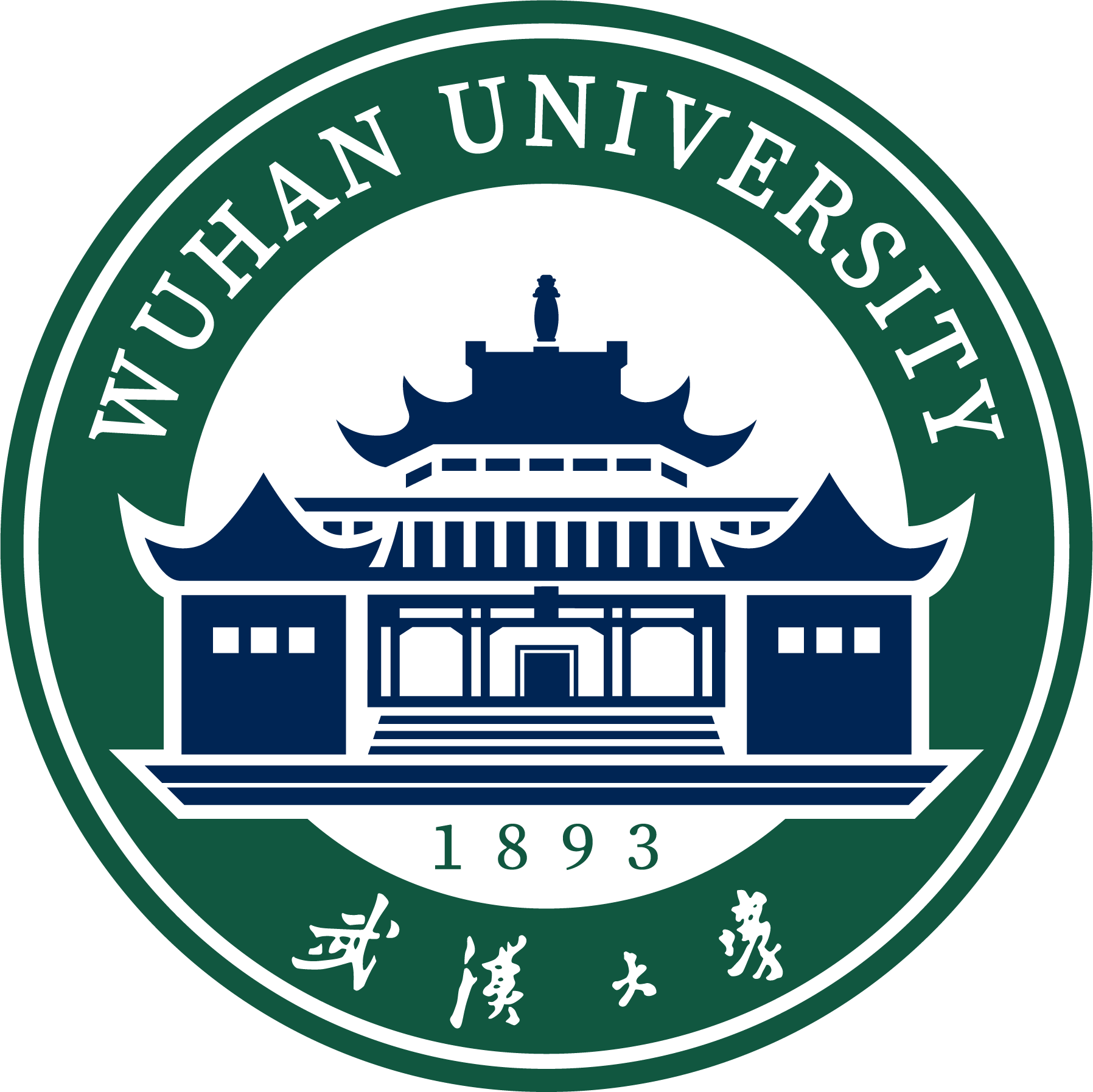 Wuhan University (WHU) stands as a global leader in remote sensing science and technology. Since 2017, its remote sensing discipline has consistently ranked No. 1 in the world according to the Shanghai Ranking (ARWU), a testament to its academic excellence and research prowess. The university hosts a multidisciplinary team of over 100 experts specializing in forest, agricultural, urban, and geological remote sensing, driving innovation across diverse sectors. Since 2015, WHU has successfully designed and deployed six remote sensing satellites, encompassing both optical and radar imaging technologies. This achievement underscores its commitment to advancing space-based observation capabilities. In 2024, Prof. Deren Li—a distinguished authority in the field—was awarded China’s highest scientific honor, the National Top Science and Technology Prize, for his pivotal contributions to the development of high-resolution satellite systems.
Wuhan University (WHU) stands as a global leader in remote sensing science and technology. Since 2017, its remote sensing discipline has consistently ranked No. 1 in the world according to the Shanghai Ranking (ARWU), a testament to its academic excellence and research prowess. The university hosts a multidisciplinary team of over 100 experts specializing in forest, agricultural, urban, and geological remote sensing, driving innovation across diverse sectors. Since 2015, WHU has successfully designed and deployed six remote sensing satellites, encompassing both optical and radar imaging technologies. This achievement underscores its commitment to advancing space-based observation capabilities. In 2024, Prof. Deren Li—a distinguished authority in the field—was awarded China’s highest scientific honor, the National Top Science and Technology Prize, for his pivotal contributions to the development of high-resolution satellite systems.
On 22 April 2025, WHU further solidified its global leadership by signing a Memorandum of Understanding (MoU) with the United Nations Office for Outer Space Affairs (UNOOSA) to establish the China Regional Support Office (RSO) of the UN Platform for Space-based Information for Disaster Management and Emergency Response (UN-SPIDER). Leveraging WHU’s cutting-edge satellite constellation and remote sensing expertise, the RSO will actively support the United Nations Sustainable Development Goals (SDGs), the Sendai Framework for Disaster Risk Reduction, and the Global Development Initiative (GDI). Through this partnership, WHU aims to enhance international collaboration in space-based solutions for disaster resilience, environmental monitoring, and sustainable development worldwide.
The China Regional Support Office (RSO) possesses a robust portfolio of training resources in remote sensing and its applications for disaster risk reduction. Since 2011, the International GeoInformatics Summer School (IGSS) has been hosted by the State Key Laboratory of Information Engineering in Surveying, Mapping and Remote Sensing (LIESMARS) at Wuhan University. Held annually each July, IGSS delivers a one-week intensive program comprising theoretical and hands-on courses in Geoinformatics, attracting over 100 participants worldwide each year.
In addition to IGSS, the RSO can leverage other institutional resources, such as the foreign aid training programs organized by Wuhan University on behalf of China’s Ministry of Commerce. These programs have a proven track record in delivering high-quality capacity-building initiatives. Building on Wuhan University’s extensive training expertise, the RSO is well-positioned to design tailored training curricula specifically aimed at cultivating remote sensing professionals in disaster reduction. These courses will integrate cutting-edge technologies and global best practices to address the urgent needs of disaster management in the region and beyond.
Fields:
- Disaster rapid mapping
- Night-time light imagery analysis
- High resolution imagery interpretation
- SAR imagery analysis
- Remote sensing of economy
Experts:
- Prof. Deren Li, LIESMARS, Wuhan University
- Prof. Xi Li, LIESMARS, Wuhan University
- Prof. Mian Yang, Economics and Management School, Wuhan University
- Prof. Ailong Ma, LIESMARS, Wuhan University
Currently, the China Regional Support Office (China RSO) can provide remote sensing imagery from the Luojia-4 Satellite and Qimingxing Satellite. The Luojia-4 Satellite offers 20-meter resolution hyperspectral imagery and night-time light data, while the Qimingxing Satellite provides 20-meter resolution hyperspectral imagery. These data can support detailed observations in fields such as environmental monitoring, disaster risk assessment, and urban sustainable development planning.
